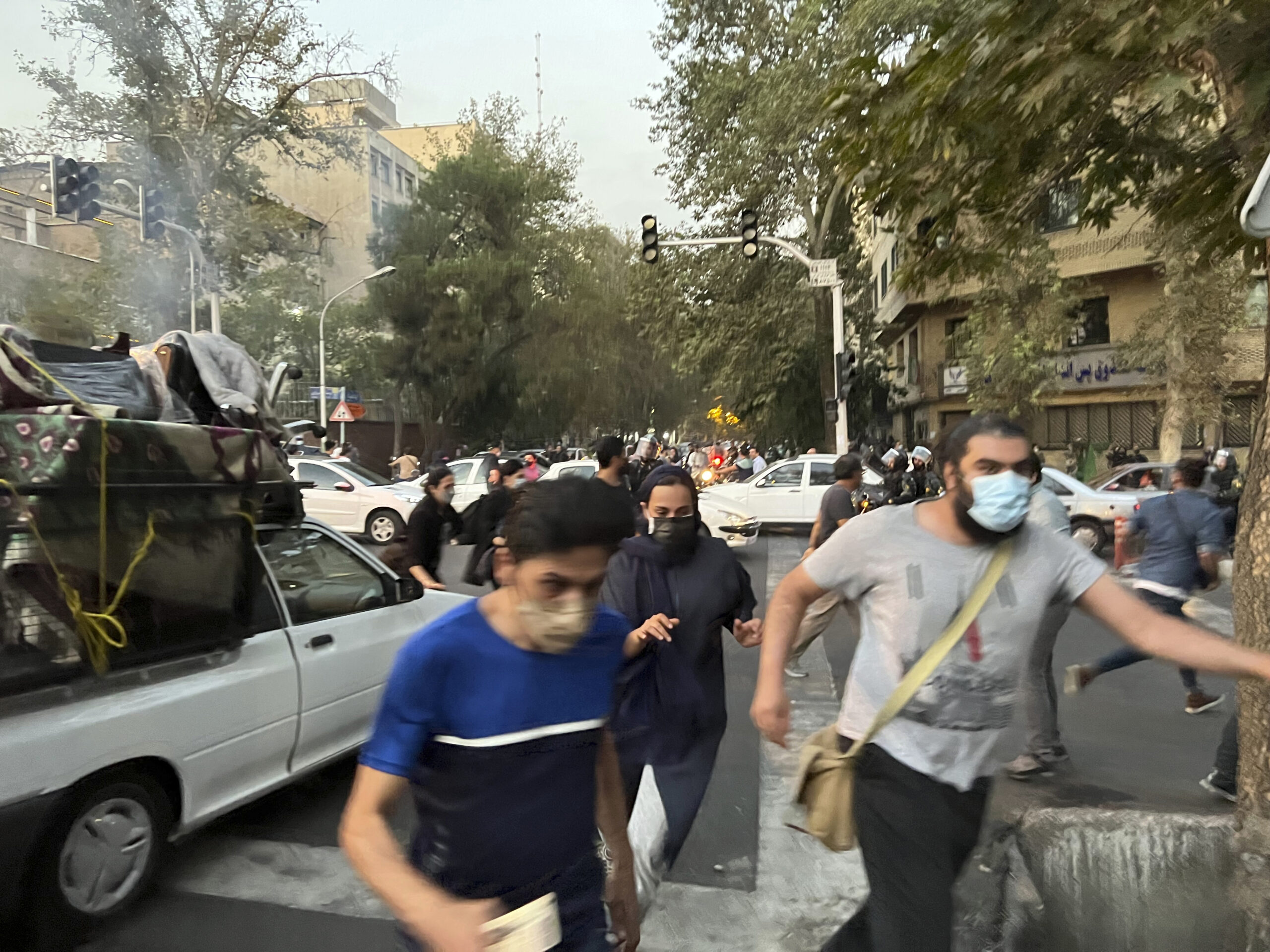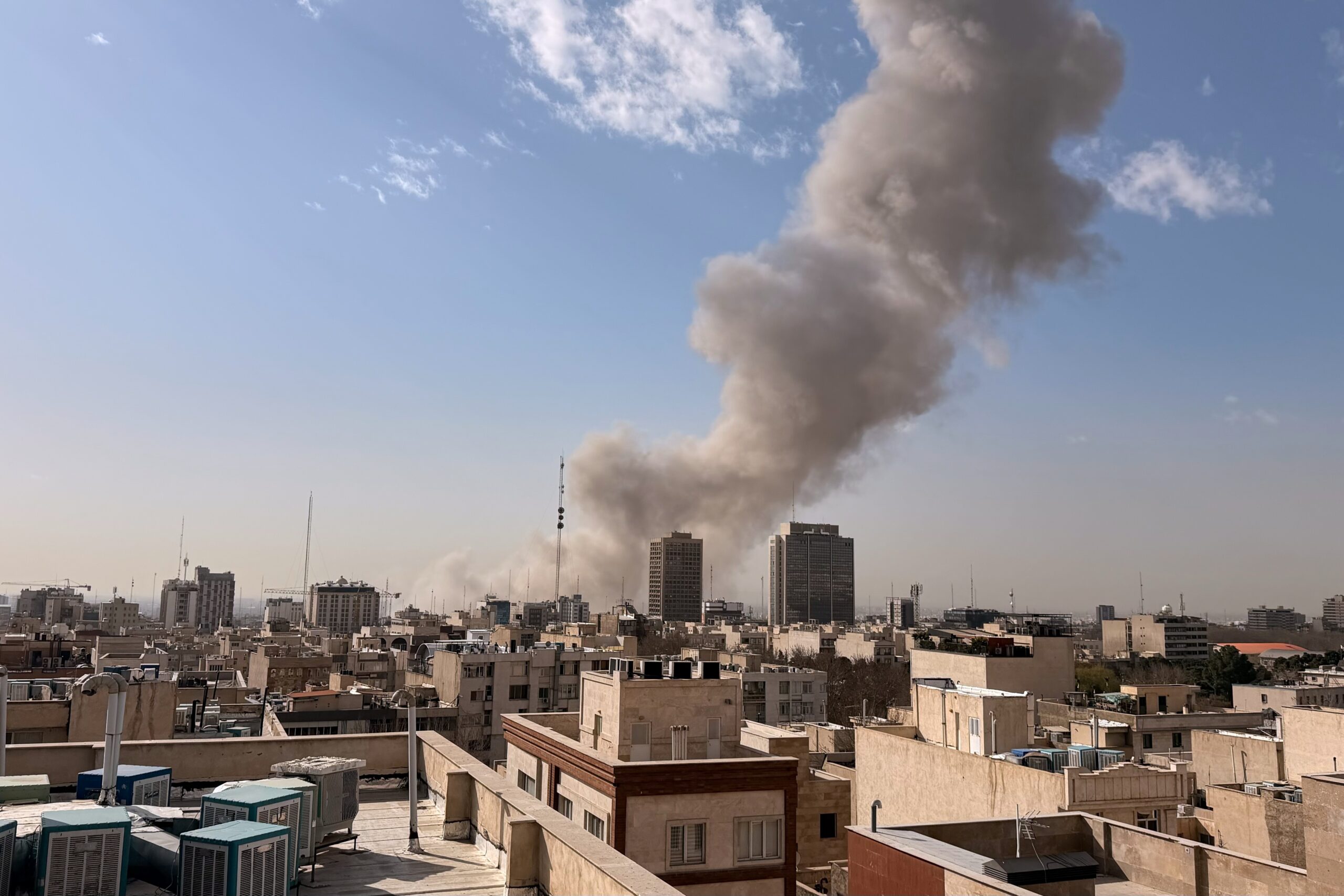Oct 11, 2022
The Time Bomb of Iran’s Teenage Rebellion
The October 11 edition of the Iran Media Review examines teenage participation in Iran’s ongoing protests.
The protests in Iran are increasingly taking the shape of a teenage rebellion. So much is clear from photos and video footage of teenagers engaged in school and street protests. Now, the general impression is backed up by official statistics: According to the Islamic Revolutionary Guard Corps, the average age of incarcerated protesters is just 15, as opposed to 25 during the 2018 protests against the rising price of fuel, as reported by the Interior Ministry. The regime’s security services may find it easier to suppress teenagers and perhaps even consider themselves fortunate that older age groups are not joining the protests. However, Iran’s teenagers – for whom street protest is the sole means of demanding rights – constitute a time bomb for the Islamic Republic.
- January 3, 2018: The Iranian Students’ News Agency, quoting the Interior Ministry, reported the average age of protesters arrested during the protests against the rising price of fuel was 25.
- October 5, 2022: Brigadier General Ali Fadavi, second in command of the IRGC, was quoted by Asr-e Iran as saying: “The average age of the arrested individuals is 15 … Shortcomings in education, culture, indoctrination, and propaganda made this group an easy target for enemies in cyberspace … In their confessions, most arrested youngsters use keywords such as the similarities between street protests and video games, along with extreme addiction to the internet. The enemy has managed to utilize satellite television broadcasts and the internet in order to mislead them.”
- October 6, 2022: Hajar Chenarani, a member of the parliament, quoted by Asr-e Iran, said “most people arrested in the course of recent events are between 14 and 18 years old.” Chenarani also emphasized the role of foreign media broadcasts: “For certain reasons, our national media is not trusted by the youth or lower age groups. We must do our utmost to rebuild the trust.”
The views represented herein are the author's or speaker's own and do not necessarily reflect the views of AGSI, its staff, or its board of directors.


















